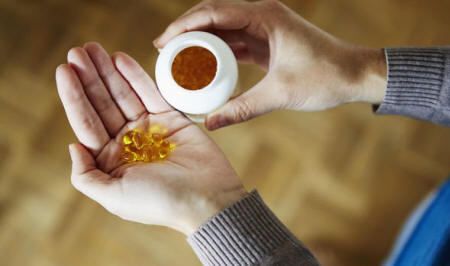
Risks
Some supplements contain active ingredients that can have strong effects on the body. It's highly recommended to seek advice from a healthcare provider before getting any new supplement. High doses or substituting supplements can lead to side effects.
In a workshop assembled by the Institute of Medicine in August 2013 to review the available science on safe levels of caffeine consumption in foods, beverages, and dietary supplements, it was found out that "The changing caffeine landscape raises concerns about safety and whether any of these new products might be targeting populations not normally associated with caffeine consumption, namely children and adolescents, and whether caffeine poses a greater health risk to those populations than it does for healthy adults." (Pray, Yaktine, & Pankevich, 2014).
Some supplements can increase the risk of bleeding or change your response to anesthesia if taken before surgery. Some can cause skin sensitivity and severe reactions when taken during radiation treatment. Supplements can also interact with some medicines in ways that might cause problems.
Overuse or incorrect use of supplements can lead to adverse side effects such as nausea and headaches or more severe health risks pose risks for toxicity if taken in high doses
Hence, not all supplements are compatible with everyone’s health, and require extra attention while getting supplements especially for children and elderly people.
In conclusion, dietary supplements offer benefits and provide a means to enhance nutrition and address health-related issues. However, it's essential to use them wisely and consult with healthcare professionals before using any supplement considering that “Dietary supplements are regulated as food under the Federal Food, Drug, and Cosmetic Act (FFDCA), and the FDA does not take regulatory action on food or dietary supplements until something goes wrong with a product that is on the market.” (Ponce, 2014)